Being caught up in missile strikes; turning nervous conscripts into confident war fighters and the determination of the people are among stories Geelong man Felix Metrikas has shared about his time in Ukraine, Chad Van Estrop reports.
Felix Metrikas, 23, has a paternal-like instinct for the hundreds of Ukrainian soldiers he’s trained.
It’s a bond that’s developed against ever-present danger because of Russia’s bloody and brutal invasion, and an existence where he and his mates almost always have their guard up.
During 14 months in Ukraine, Felix, a former Australian Army reservist, trained conscripts that were fed to the war machine.
Some died but others fight on.
It’s emblematic of the determination of the Ukrainian people during a war that’s lasted 16 months and shows little sign of complete resolution.
Felix, and a band of other international soldiers, have shared knowledge with army brigades across Ukraine.
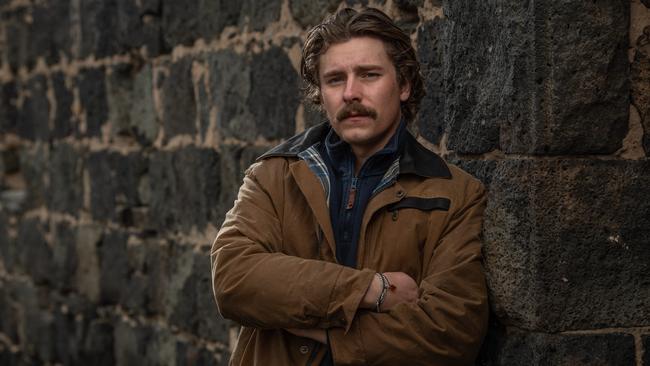
“These Ukrainians are ready to keep going. That’s what kind of worries me because a lot of the guys I know will be on the (war) front and I’ve got this paternal instinct now that I’m over here. It’s a little bit stressful,” the 23-year-old tells the Addy from Geelong.
“I want to be there as well. It’s like having two families, one is my actual family and one is this massive group of guys. I think I’ll be here (in Geelong) for a little while.
“I’m glad that I went. Maybe it will be the most important thing I’ll do.
“I wasn’t anticipating coming back so soon; I came back for family.”
FELIX was compelled to come home for two main reasons.
His dad, Geelong business owners Jon Metrikas, had a heart attack last month.
The second was a mercy dash from his mum, Cheree Wood, to Ukraine to plead with him to come home.
Felix’s heritage was part of his motivation to travel to Ukraine in April last year against pleas from his family to stay.
The grandson of a Lithuanian refugee who fled the Soviet occupation, Felix couldn’t sit idle as Russian overlords attempted to snatch parts of Ukraine.
During his time in Ukraine, Felix, who trained with the Australian Army in Canberra and Victoria, taught conscripts to use tourniquets, pack and dress wounds and deliver other lifesaving combat medical care.
For three months this year Felix taught combat medicine to members of the Ukrainian National Guard near Kyiv, in the country’s north.
About a hundred soldiers from the unit have died since the Russian invasion, and 600 have been wounded, Felix says.
His phone pinged recently with a message from an Ukrainian soldier named Maks he’d trained and developed a bond with.
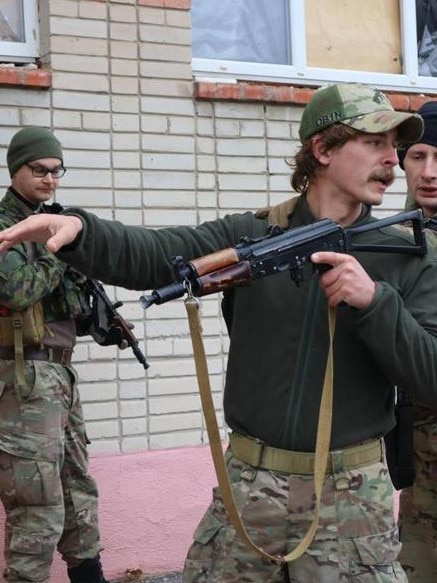
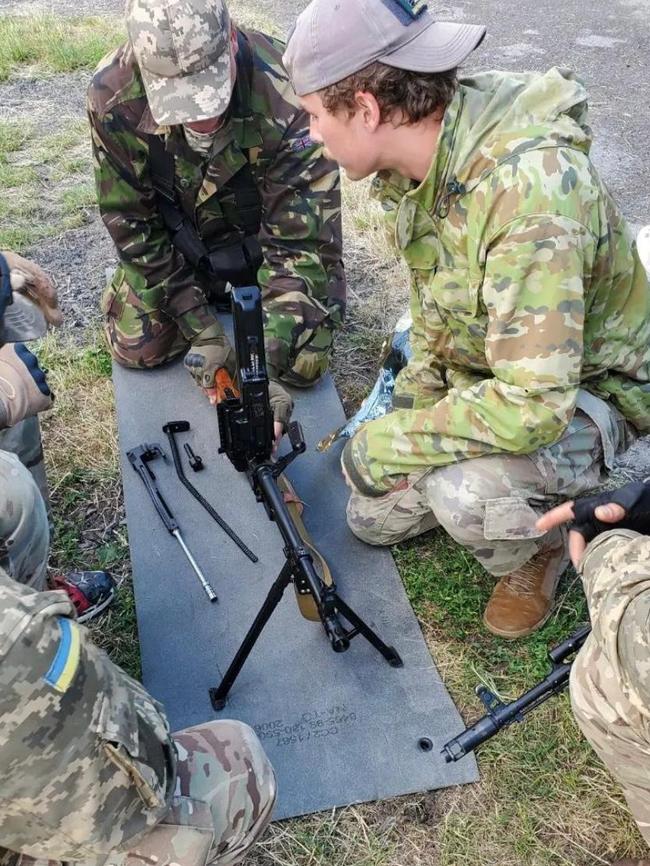
It read: “Hey bro, we wanted to thank you and your group of doctors for teaching us. Yesterday a motor shelling began and I was wounded. What you taught us helped a lot. (I did) not to panic but calmly and quickly provided help and evacuated the wounded.”
It’s a reminder of the ever-present danger that grips parts of Ukraine which requires a steady steam of conscripts to bolster the country’s war machine.
Felix has calmed conscripts who shook with fear while loading guns. He’s shared machine gun tactics with others.
At other times he’s crisscrossed Ukraine doing voluntary humanitarian work getting supplies and food to the front line.
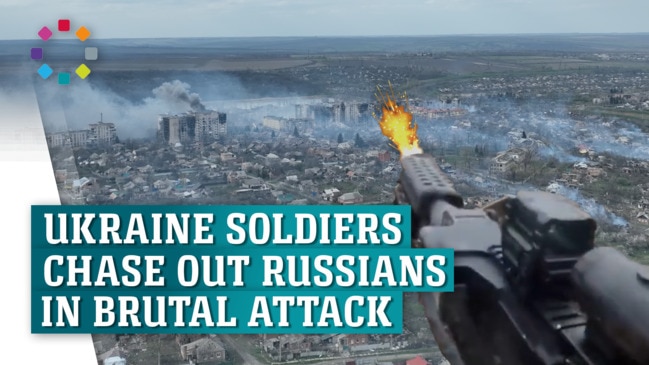
It’s all needed because war still rages in Ukraine’s north, east and south.
More than 9500 civilians have been killed in Ukraine since the Russian invasion, according to the UN High Commissioner for Human Rights. Other estimates are higher. Millions have been displaced due to the war.
A White House National Security Council spokesperson said on May 1 that the US believed Russia had suffered 100,000 casualties between December 2022 and April 2023 including 20,000 deaths.
Russian casualties in the first eight months of the war are estimated to be “well over” 100,000.
WHEN Felix was in Mykolaiv, 200km from the Russian-annexed Crimea region, last year he saw Russian fighter jets drop bombs from close range.
“There was bits of shrapnel landing all around us. I stood there dumbfounded but a really good Canadian soldier saved me that day.
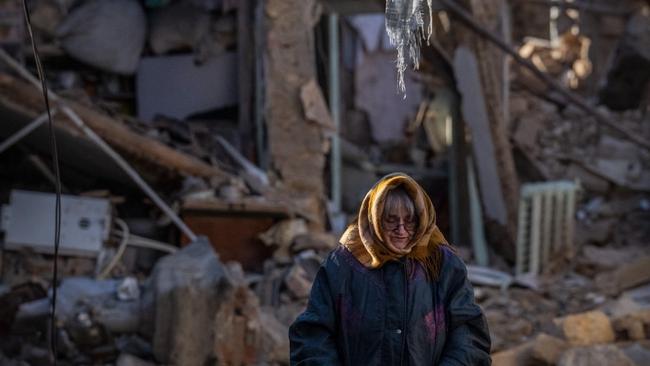
“The first thing I did was message my dad. I didn’t say I’d been airstruck, I just said ‘love you lots, how’s things in Geelong?’”
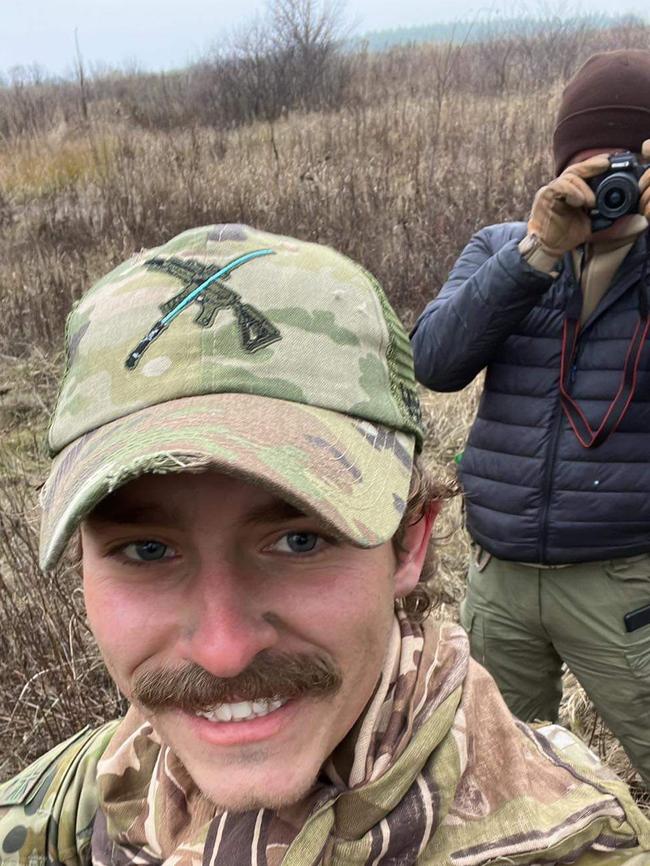
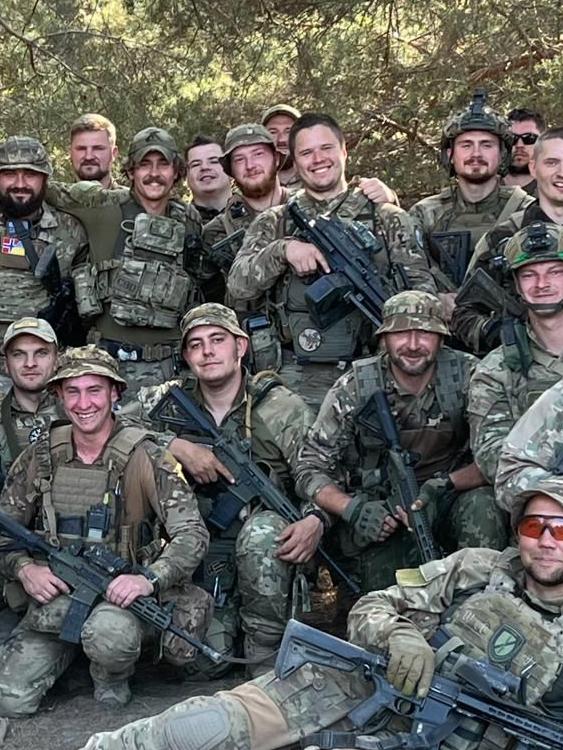
The Addy has followed Felix in Ukraine since February when he spoke about being caught in a missile strike on a military base in Kharkiv about 40km from the Russian border.
“I was about 70 metres away from one of the buildings that was destroyed and that was the closest I’ve even been to death,” Mr Metrikas recalled about the events in October.
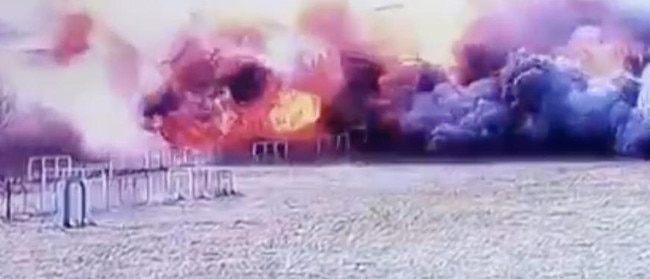
“It was a mix of being scared but then also having a responsibility for the people around me.
“A lot of them are grandparents. They are not war fighters, they’re train drivers, electricians and farmers; they’ve been put in uniform and given a gun that they don’t know how to use.
“The Russians still have massive firepower superiority; for one round Ukrainians fire, they’d get 30 in return.”
THIS week Russia fired missiles into Lviv, in Western Ukraine, killing two and wounding at least four, according to the New York Times.
The Times reports Russian President Vladimir Putin is scrambling to protect his rule in the wake of a failed internal rebellion.
Former Australian Army education and training director, Mick Ryan, said Ukraine would attempt to attack the “brain” and “nervous system” of the Russian war machine during a summer offensive.
“The reason for this is … the limbs are (then) unable to be co-ordinated, and can be isolated and destroyed,” Mr Ryan wrote of Twitter.
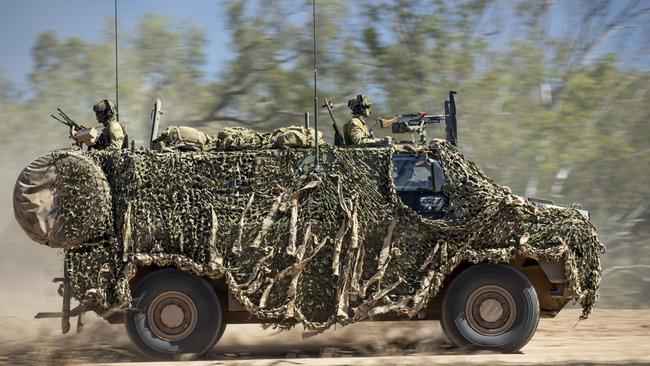
Last month the federal government announced it would provide an aid package worth $110m to Ukraine that would include 70 military vehicles, including 28 armoured vehicles; 105mm artillery ammunition; and $10m for the United Nations’ Ukrainian Humanitarian Fund to help meet needs for shelter, health services, clean water and sanitation.
Australia has so far provided $610m worth of military assistance to Ukraine.
FELIX has seen the changing tide of the Russian invasion of Ukraine.
“Initially, when I was (in Ukraine) people were pretty upset,” he says.
“I’d speak to people about why I was there and they would cry and say ‘don’t you know that we’re all going to die, you should stay in your own country because we can’t win’.
“Now everyone is pretty optimistic. The Ukrainian army with the Western support, with all the equipment being sent like Bushmasters, they are getting more and more confident.
“It’s never really going to end; there’s always going to be problems in these parts of the world.”

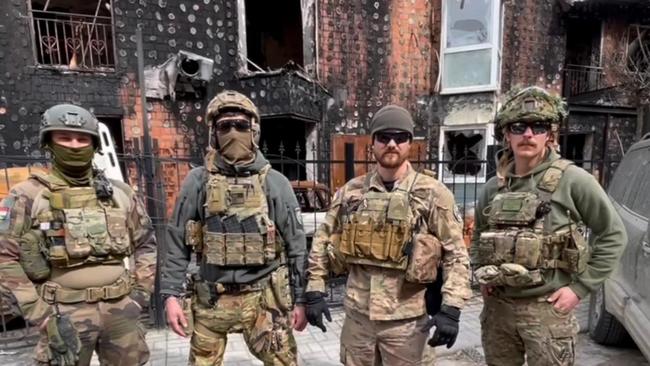
Add your comment to this story
To join the conversation, please log in. Don't have an account? Register
Join the conversation, you are commenting as Logout
I asked the driver what the sheets were. He said ‘bodies, they drowned’.
It started like all the other trips to Penang for Geelong author John Craven when, on Boxing Day in 2004, suddenly realised the unthinkable had happened.
Christmas crooks steal brand new car from family home
One family Christmas has been soured after an alleged aggravated burglary and car theft on Jokia Ridge.